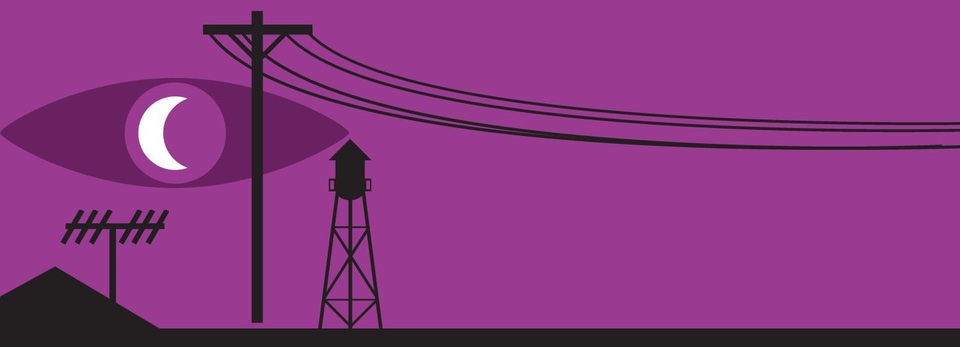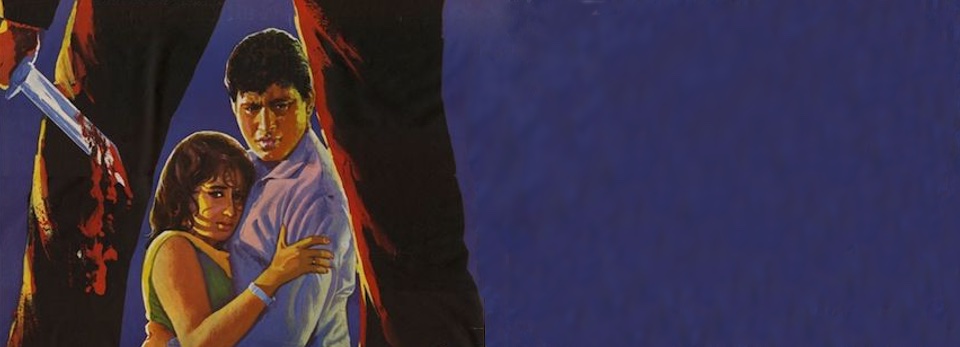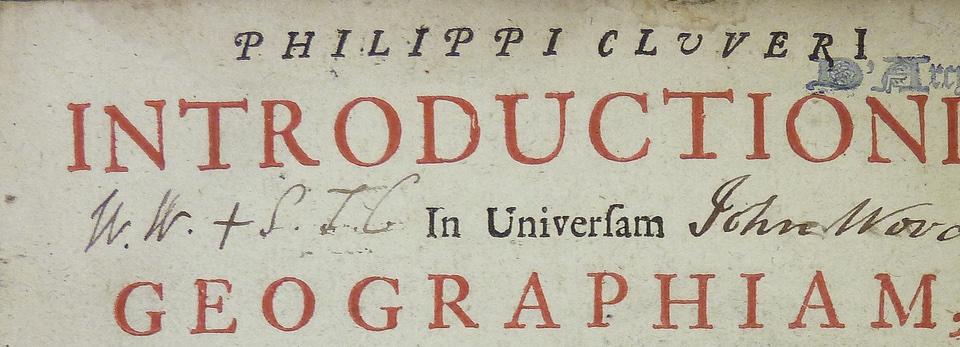For the last several months I have been lucky enough to have been on writing sabbatical from my university. As such, I have often found myself around and about my hometown during the day. I feel like I am a strange figure, writing in coffee shops, making enemies of baristas, running errands, and looking, to all but the most enlightened of observers, decadently unemployed. In an effort to stave off the effects of my increasingly sedentary life…
View More Pod People: Brave New Worlds of Digital Audio DramaCategory: Issue 5.5
Infrastructure and the Anthropocene in Tom McCarthy’s Satin Island
To read a Tom McCarthy novel is to find oneself weirdly and wildly awash in grids within grids, maps within maps, of infrastructural objects and systems. Protagonists and minor characters alike obsess over these objects and systems of infrastructure—over their grandeur, their minutiae, their flows and flaws, slows and jams, their symbolic ideological concretizations, their masterful and/or absurd designs, their volumes of strata.
View More Infrastructure and the Anthropocene in Tom McCarthy’s Satin IslandBollywood Adaptations of Agatha Christie
As the centrepiece of their Christmas 2015 schedule, BBC One screened an adaptation of Agatha Christie’s And Then There Were None. Scripted by Sarah Phelps and featuring a star-studded cast including Aiden Turner, Charles Dance, and Sam Neill, the adaptation was criticised in advance for deviating from its source material by “featuring drug abuse, gruesome violence and swearing” (Hastings 2015: n. pag.). After it was shown…
View More Bollywood Adaptations of Agatha ChristieLiterary Annotation, from Poe to Twitter
On the sixth of September 2012 Bret Easton Ellis tweeted: “Reading D. T. Max’s bio I continue to find David Foster Wallace the most tedious, overrated, tortured, pretentious writer of my generation…”. This article will be less interested in the judiciousness of Ellis’s findings—that debate seems unlikely to resolve itself any time soon—than in the form they take. “Reading D. T. Max’s bio:” the present tense suggests a pause for reflection, a moment…
View More Literary Annotation, from Poe to Twitter



